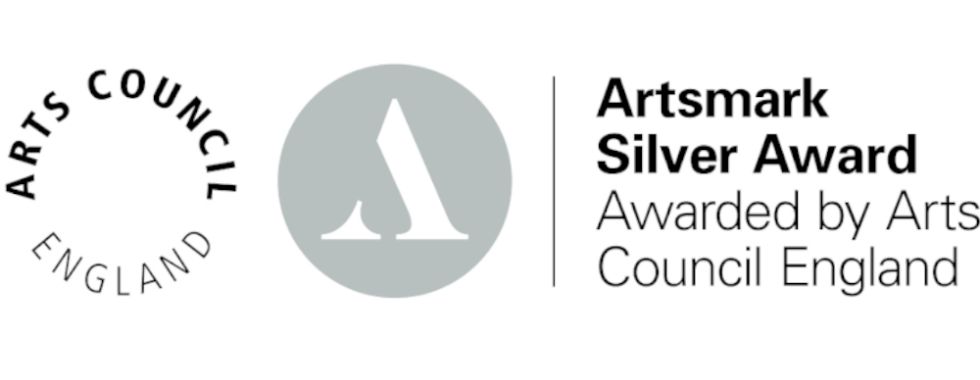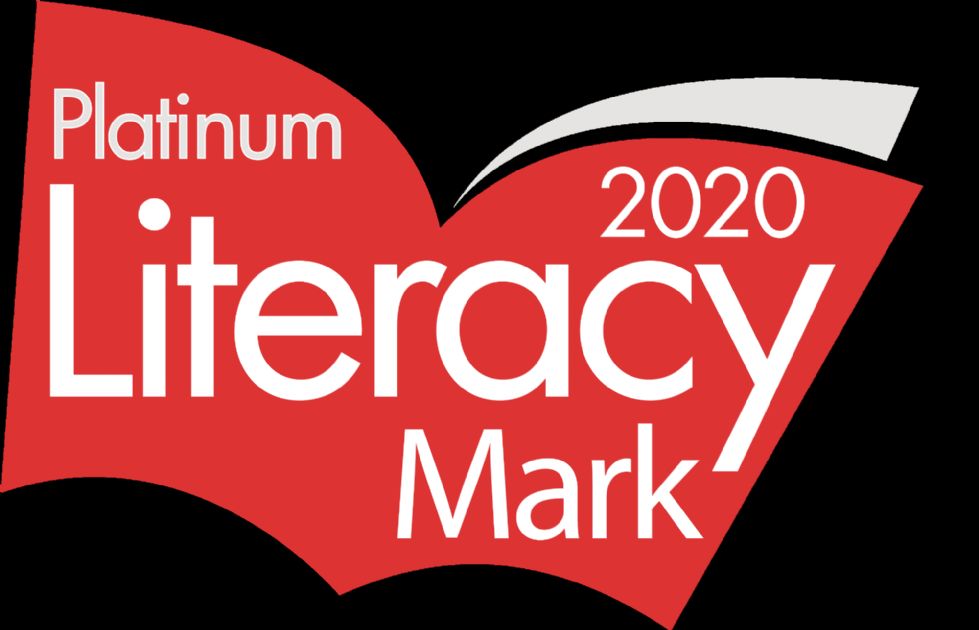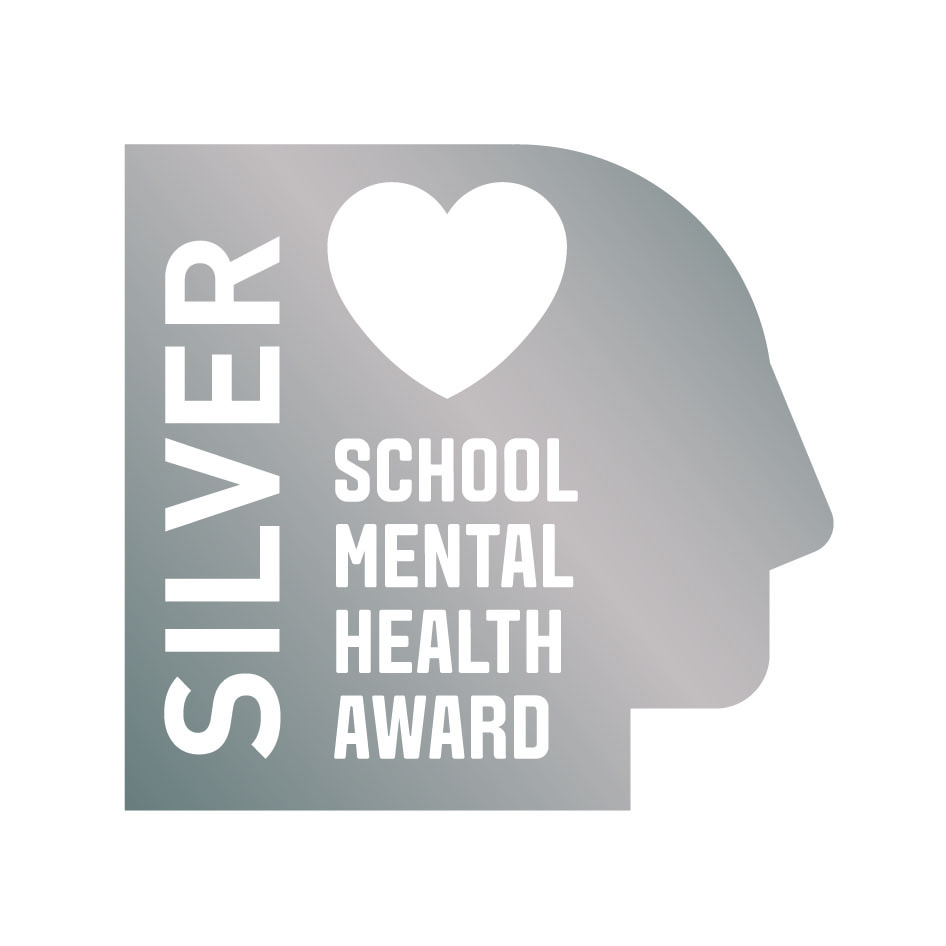SEND at Whitstable Junior School
SEND Vision Statement:
‘Learning today for Life tomorrow.’
Whitstable Junior School Community Code
· Be Safe
· Be Kind
· Be Responsible
At Whitstable Junior School we share a life-long love of learning and celebrate success in all its forms. We recognise that a proportion of our students have Special Educational Needs and/or Disabilities (SEND). We are committed to making appropriate provision for them to ensure that they have full and equal access to the curriculum and are enabled to reach their full educational potential, leaving Whitstable Junior School well prepared for their next stage in education and beyond. We will support all our pupils to take responsibility for all aspects of their learning. We will make sure that every child, whatever their need, has a sense of belonging, feels safe, nurtured, respected and is valued for who they are. Inclusion is positioned at the heart of our school - we are committed to inclusion and removing any potential barriers to learning and participation. We believe in equality of opportunity and we aim to create a kind, supportive yet challenging environment that values difference and recognises the achievements of all children.
SENd Information Report for parents
Below you will find a copy of the SEND Information Report for Parents. This report is for parents so that you understand how we will implement our policies and deliver provision for your child.
POLICY FOR INCLUSION AND SPECIAL EDUCATIONAL NEEDS
Below you find a copy of the Policy for Inclusion and Special Educational Needs. This policy reflects our school’s approach to implementation of legislation and statutory guidance to SEND provision.
Definition of Special Educational Needs (SEN)
A child or young person has SEN if they have a learning difficulty or disability which calls for special educational provision to be made for him or her.
A child of compulsory school age or a young person has a learning difficulty if he or she:
- Has a significantly greater difficulty in learning than the majority of others of the same age; or
- Has a disability which prevents or hinders him or her from making use of facilities of a kind generally provided for others of the same age in mainstream schools or mainstream post-16 institutions. SEN Code of Practice (2014)
Definition of disability
Many children and young people who have SEN may also have a disability under the Equality Act 2010 – that is ‘…a physical or mental impairment which has a long-term and substantial adverse effect on their ability to carry out normal day-to-day activities’. This definition provides a relatively low threshold and includes more children than many realise: ‘long-term’ is defined as ‘a year or more’ and ‘substantial’ is defined as ‘more than minor or trivial’ SEN Code of Practice (2014)











